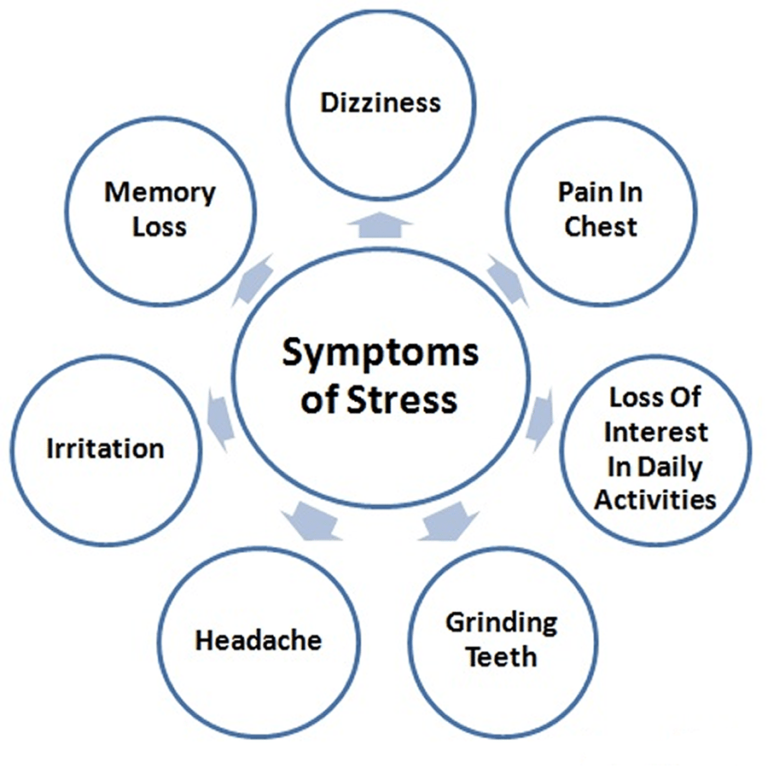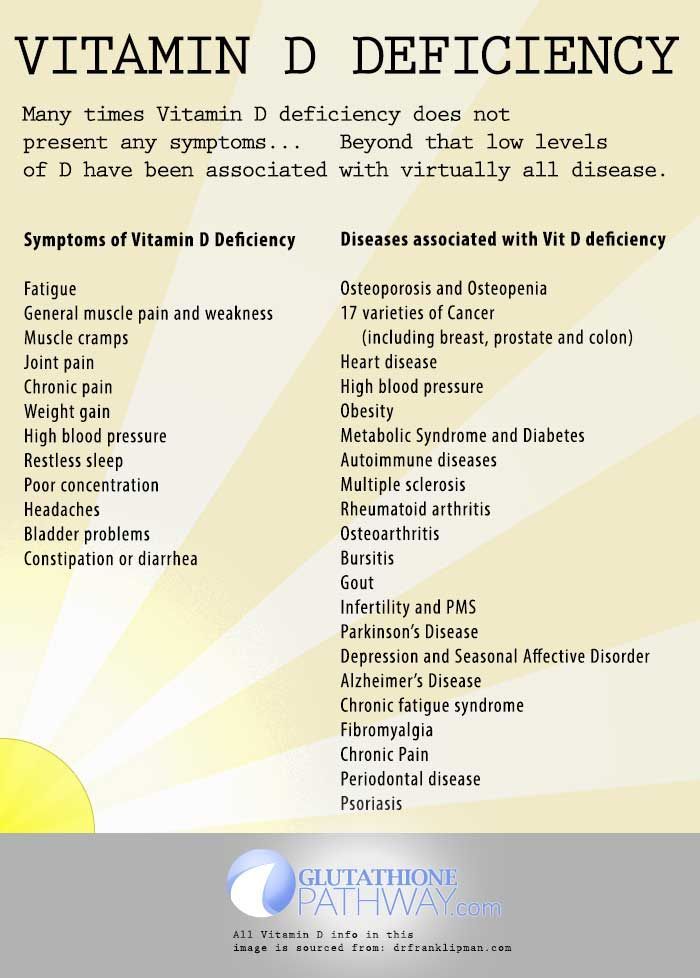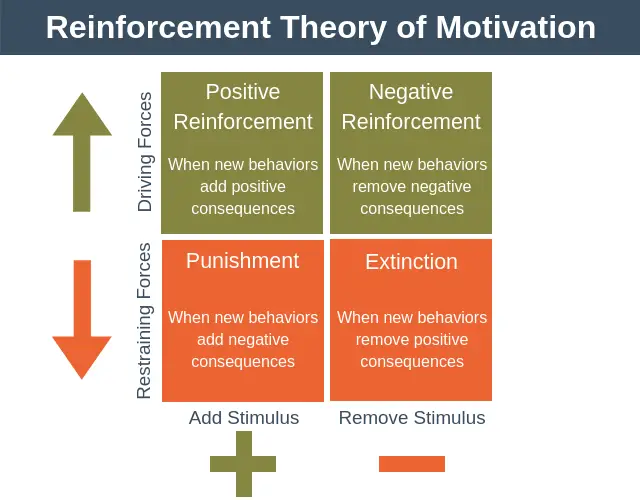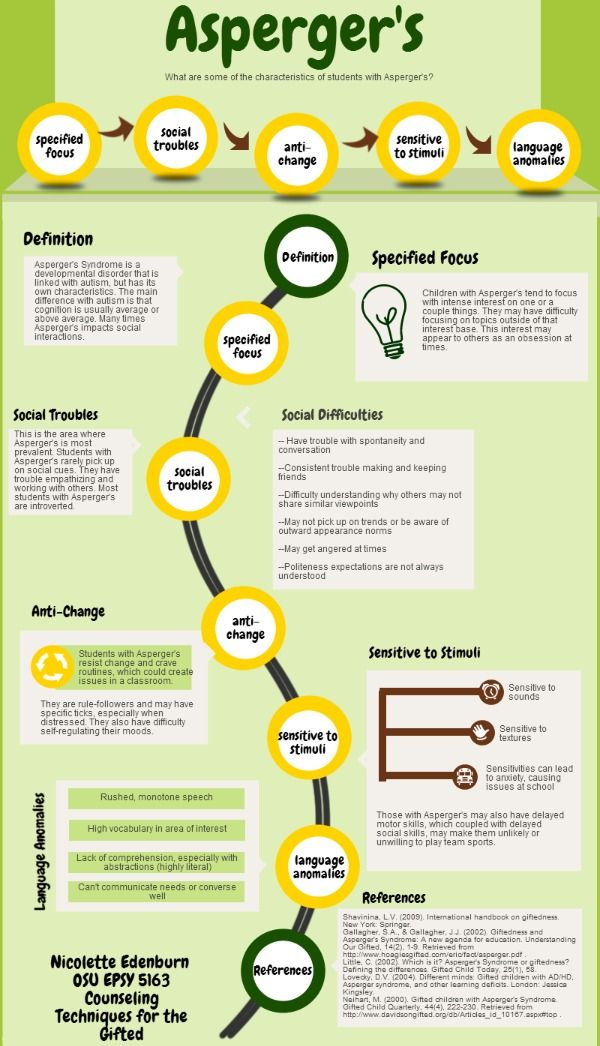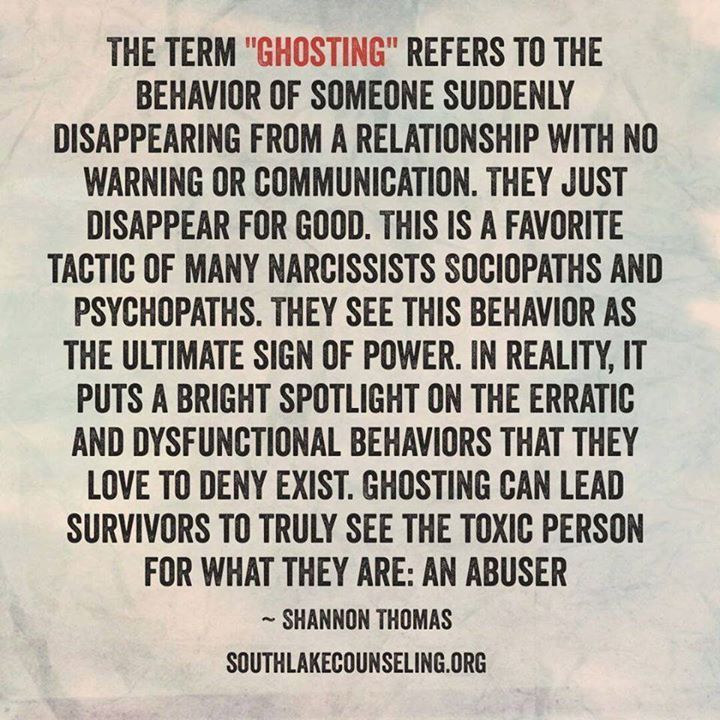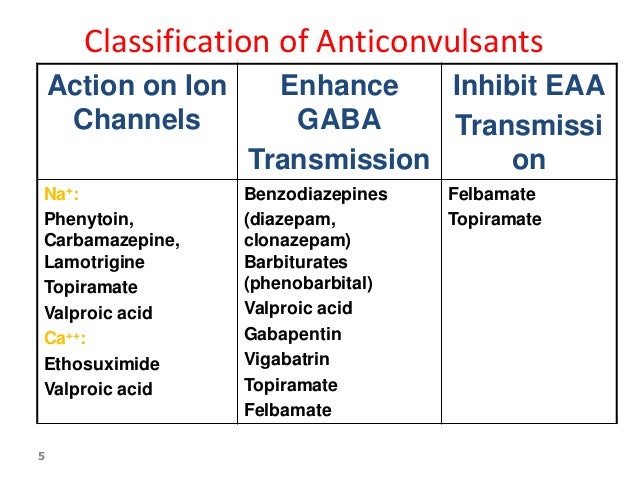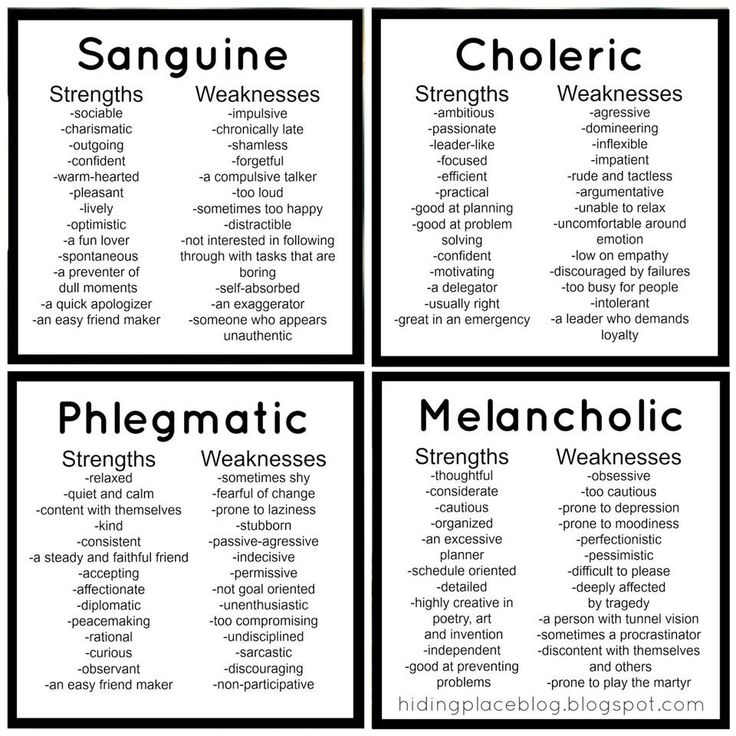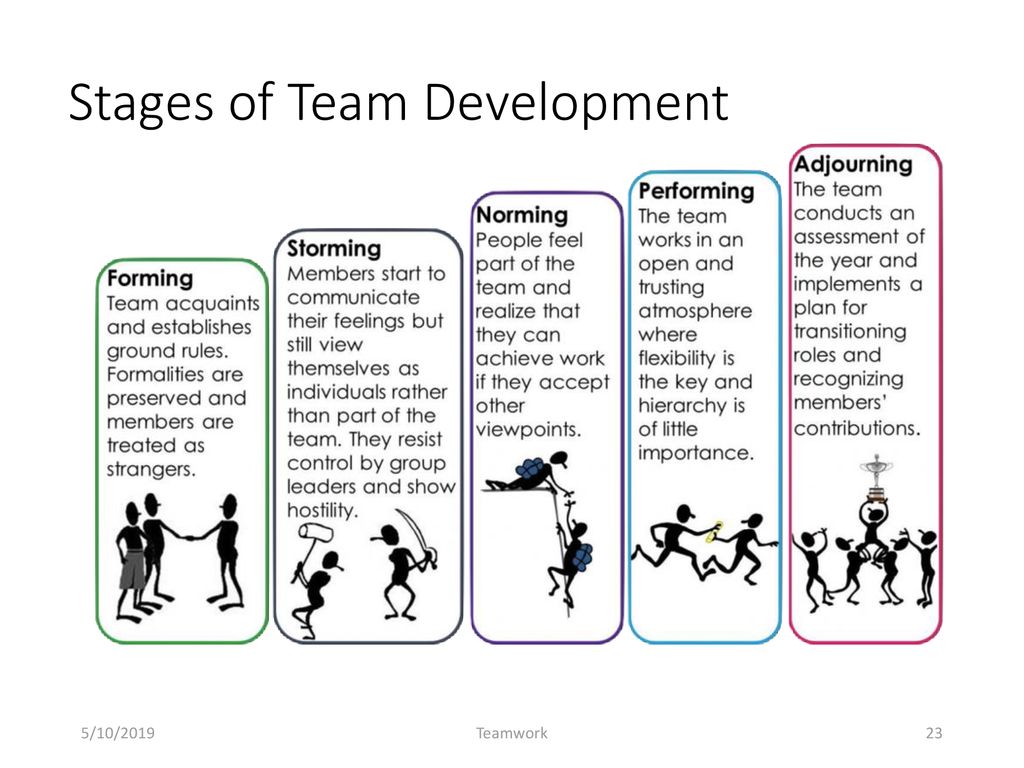Can trauma cause memory loss
Can Trauma Cause Memory Loss? It's Possible
Your mind is capable of extraordinary things, and protecting you from painful and traumatic memories may be one of them.
When an experience is significantly shocking and it overwhelms your innate coping mechanisms and resources, your body may look for ways to process the experience. On rare occasions, memory loss could be an effect of trauma.
Memory loss describes a broad range of symptoms that may present with an inability to recall certain or all details of a lived experience. It’s often referred to as “amnesia.”
Partial or total memory loss can be caused by a number of factors, including:
- brain injury
- chronic (long-term) illness or viral infection
- aging
- high fevers
- seizures
- substance use
- anesthetics
- cerebrovascular accidents (stroke)
- mental health conditions
- traumatic stress
In some cases, such as with injury or illness, memories may fade away as the result of damage to specific parts of the brain.
When it comes to amnesia from a traumatic experience, however, memories may still be there — just hidden away and inaccessible.
‘Hiding’ memories in the brain
One possible reason your brain pauses extremely painful memories is that it’s trying to protect itself.
If an experience has been significantly disturbing and painful, even the thought of it may still be overwhelming.
As a result, your brain could take over and decide you don’t have to relive that experience in your mind. It may lock that memory away from your consciousness. Amnesia is taking you away and protecting you from reliving that experience.
How the brain suppresses these memories was shrouded in mystery until 2015, when a rodent study indicated the existence of memory subpaths in the brain. These paths seem to activate only during a fear response.
Memory subpaths refer to a chain of communication between brain cells, or neurons, that are in charge of sending information about lived experiences.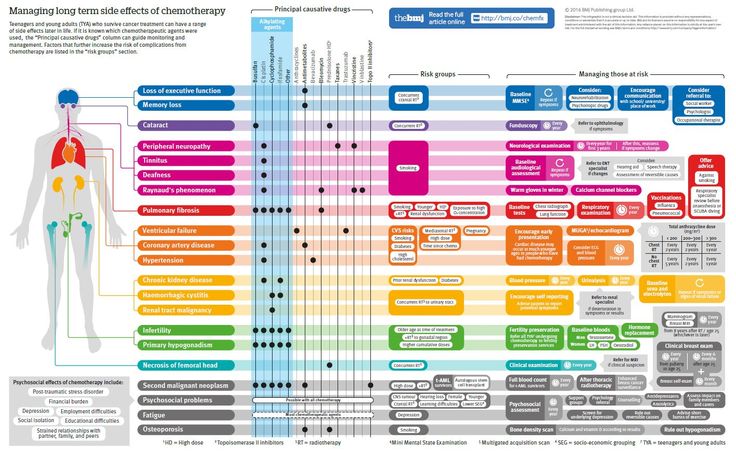 It’s like a memory road in the brain, so to speak.
It’s like a memory road in the brain, so to speak.
According to the research, fear-inducing events affect specific cell receptors — for the amino acid GABA — in these paths in the brain.
Because of that, those receptors bypass the traditional memory pathways during a fearful event, creating a new memory network. In other words, they take a different road than typical memories so those memories don’t arrive at the usual destination.
Unlike regular memories, these alternate-pathway memories are locked away, only able to be accessed if the same receptors become active again.
More research in humans is needed to determine the exact mechanism that leads the brain to encode traumatic memories differently.
What kind of trauma causes memory loss?
Trauma refers to an emotional response to any significantly distressing event or incident.
What’s significantly painful to you may not be the same as what’s significant for somebody else. So, the traumatic experience that leads to memory loss may be different for everyone.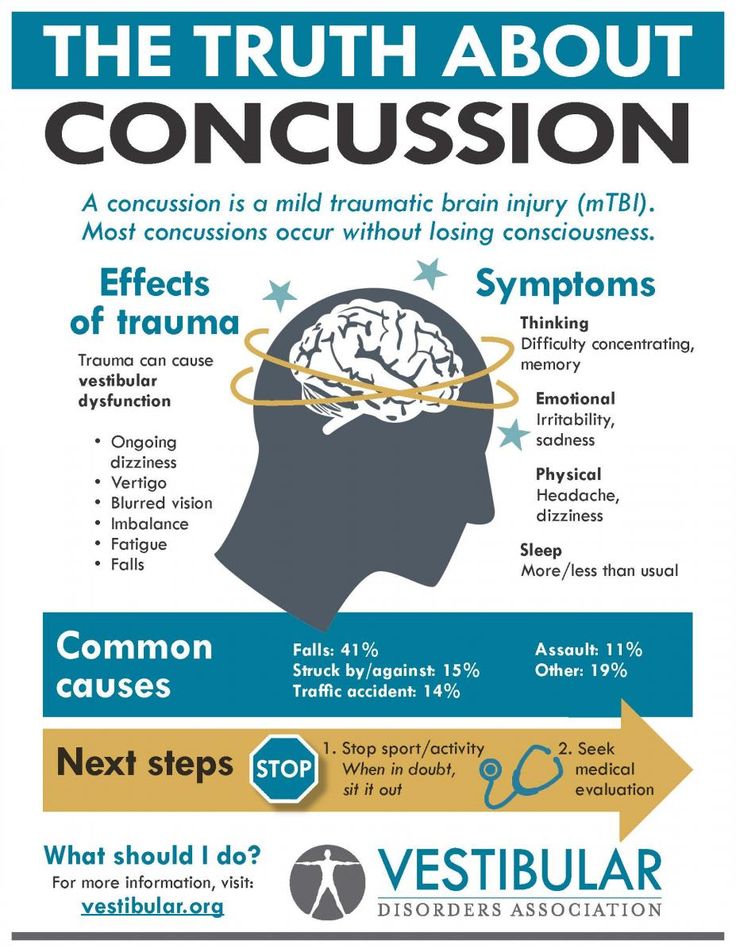
Not every traumatic experience leads to memory loss. This effect may vary based on factors such as:
- your mental health status at the moment of the event
- the support you received immediately after the event
- your emotional resources at the moment of the event
- the intensity and length of the incident
When you think of memory loss and trauma, you may think of post-traumatic stress disorder (PTSD), a well-known mental health condition that can include symptoms like flashbacks and nightmares.
While PTSD can involve trauma-related memory loss, not all traumatic stress results in PTSD, and not all trauma-related memory loss is linked to PTSD.
Memory loss is a complex symptom and can be experienced as a result of a number of trauma-related mental health conditions.
Some concepts related to traumatic memory loss that are explored by different psychologic approaches include:
- dissociative amnesia
- pattern separation
- repression
- trauma denial
Dissociative amnesia
Previously known as “psychogenic amnesia,” dissociative amnesia is listed as a mental health condition in the Diagnostic and Statistical Manual of Mental Disorders, 5th edition, text revision (DSM-5-TR).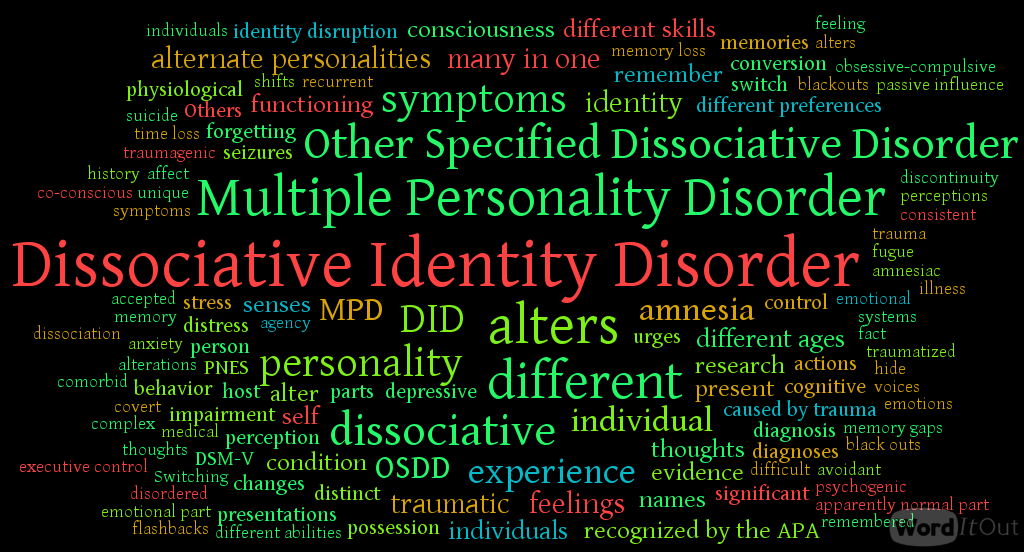
Dissociative amnesia is mainly characterized by an inability to recall important information about yourself as a result of dissociation, which is most commonly related to trauma or extreme stress.
Dissociative amnesia often occurs with symptoms of PTSD.
What is dissociation?
Dissociation is a disconnect or distance from your thoughts, feelings, or behaviors, as if you were watching yourself from the perspective of someone else.
Pattern separation
Pattern separation is the process your brain goes through to differentiate between similar experiences.
You may have gone to the dentist twice, for example, but you can remember each visit individually, despite them having many of the same features.
When you experience traumatic stress or anxiety, problems with pattern separation may affect your memory response. Rather than memory loss, you may develop an overgeneralized fear response to multiple memory stimuli.
This may feel like memory loss because your response becomes vague rather than specific.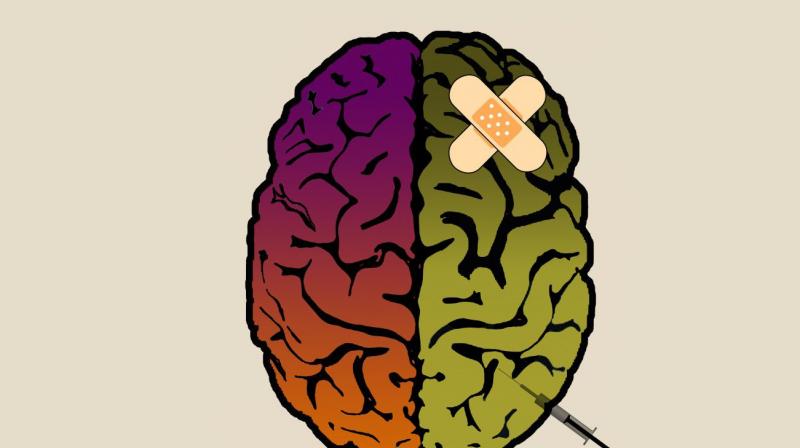
Repression
Repressed memories are a highly debated concept in psychology.
According to the original psychoanalytic theory, traumatic experiences can result in complete memory repression.
This led early psychoanalytic experts down the rabbit hole of trying to recover people’s lost memories, only to be faced with controversy when some people “remembered” traumas that weren’t real. These “memories” were, instead, the accidental result of therapy-guided suggestion.
Now, the mainstream belief is that full memory repression is almost nonexistent. Most people are able to recall at least some parts of a traumatic incident, even though the memory may be incomplete.
Trauma denial
Research from 2018 indicates that denial, as a defense mechanism, has the power to block unwanted memories.
This doesn’t mean your memories are gone. Instead, denial helps you undermine the reliability of memory in a process often known as “denial-induced forgetting.” So, the memory may be there, but you don’t consider it significant, or you may not be sure it happened that way.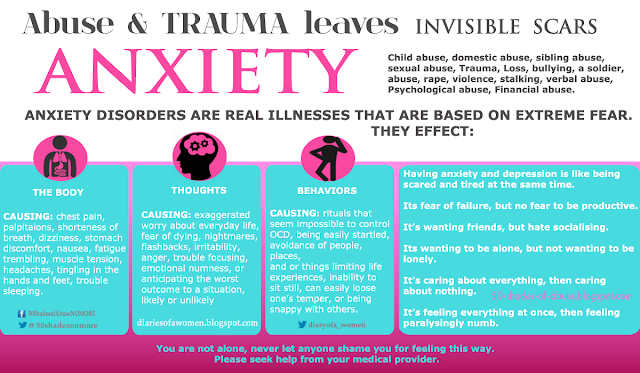
Ways trauma impacts memory in the brain
Many theories about memory processing exist. According to a 2017 literature review, most mainstream concepts break down implicit and explicit memory into three primary categories:
- sensory memory
- short-term memory
- long-term memory
Within those categories are many additional memory subcategories, including:
- Semantic memory: general knowledge
- Episodic memory: autobiographical content of an event
- Emotional memory: feelings experienced during an event
- Procedural memory: ability to perform tasks without conscious thought
Traumatic stress can affect any one of these. In each category, it may look like this:
- Semantic memory: an inability to link events, words, or thoughts together to create a memory
- Episodic memory: fragmented memories about how you experienced the order of an event
- Emotional memory: heightened fear response from unrelated memories
- Procedural memory: habits may change or emerge out of fear anticipation
Healing from trauma is possible. And that includes possible symptoms of it, such as memory loss.
And that includes possible symptoms of it, such as memory loss.
Amnesia from traumatic experiences can be better addressed with the support of a mental health professional. They’ll help you explore the root cause of the memory loss, as well as any other symptoms you might be experiencing from the trauma.
Working with a mental health professional can help you safely process some of the painful memories that might return to you during therapy.
You can also explore your options with them and discuss if recalling details of the event is the best way to go, or if you’d rather focus on healing the emotional pain you may be experiencing.
Some of the therapy options that can help with traumatic memory loss and other symptoms of trauma include:
- cognitive behavioral therapy (CBT)
- dialectical behavior therapy (DBT)
- prolonged exposure (PE) therapy
- Eye Movement Desensitization and Reprocessing (EMDR)
Support is available, and you don’t have to do this alone.
Can Trauma Cause Memory Loss? It's Possible
Your mind is capable of extraordinary things, and protecting you from painful and traumatic memories may be one of them.
When an experience is significantly shocking and it overwhelms your innate coping mechanisms and resources, your body may look for ways to process the experience. On rare occasions, memory loss could be an effect of trauma.
Memory loss describes a broad range of symptoms that may present with an inability to recall certain or all details of a lived experience. It’s often referred to as “amnesia.”
Partial or total memory loss can be caused by a number of factors, including:
- brain injury
- chronic (long-term) illness or viral infection
- aging
- high fevers
- seizures
- substance use
- anesthetics
- cerebrovascular accidents (stroke)
- mental health conditions
- traumatic stress
In some cases, such as with injury or illness, memories may fade away as the result of damage to specific parts of the brain.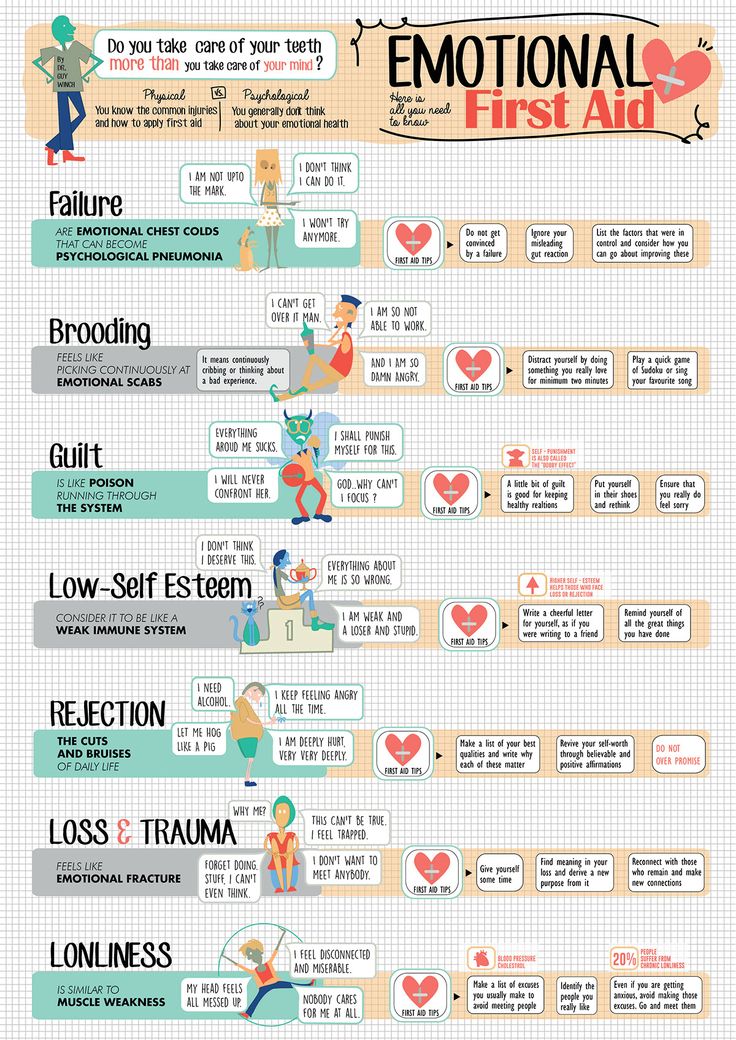
When it comes to amnesia from a traumatic experience, however, memories may still be there — just hidden away and inaccessible.
‘Hiding’ memories in the brain
One possible reason your brain pauses extremely painful memories is that it’s trying to protect itself.
If an experience has been significantly disturbing and painful, even the thought of it may still be overwhelming.
As a result, your brain could take over and decide you don’t have to relive that experience in your mind. It may lock that memory away from your consciousness. Amnesia is taking you away and protecting you from reliving that experience.
How the brain suppresses these memories was shrouded in mystery until 2015, when a rodent study indicated the existence of memory subpaths in the brain. These paths seem to activate only during a fear response.
Memory subpaths refer to a chain of communication between brain cells, or neurons, that are in charge of sending information about lived experiences.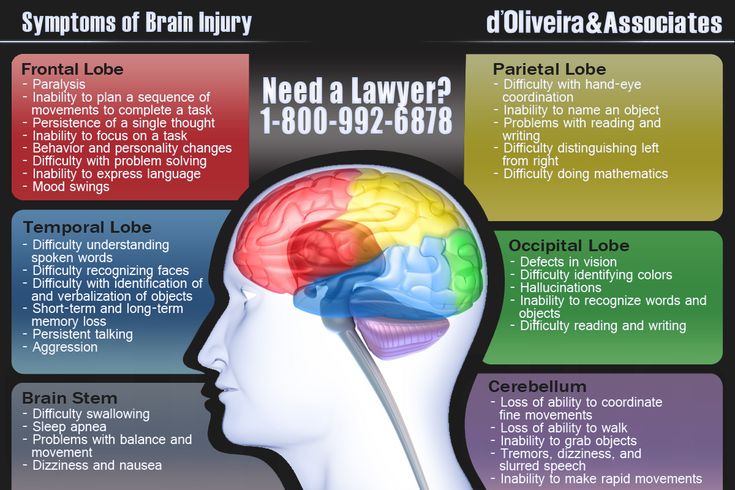 It’s like a memory road in the brain, so to speak.
It’s like a memory road in the brain, so to speak.
According to the research, fear-inducing events affect specific cell receptors — for the amino acid GABA — in these paths in the brain.
Because of that, those receptors bypass the traditional memory pathways during a fearful event, creating a new memory network. In other words, they take a different road than typical memories so those memories don’t arrive at the usual destination.
Unlike regular memories, these alternate-pathway memories are locked away, only able to be accessed if the same receptors become active again.
More research in humans is needed to determine the exact mechanism that leads the brain to encode traumatic memories differently.
What kind of trauma causes memory loss?
Trauma refers to an emotional response to any significantly distressing event or incident.
What’s significantly painful to you may not be the same as what’s significant for somebody else. So, the traumatic experience that leads to memory loss may be different for everyone.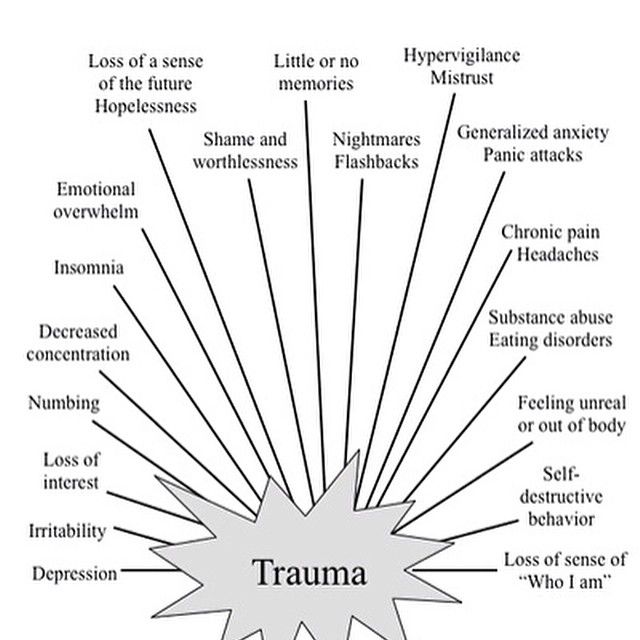
Not every traumatic experience leads to memory loss. This effect may vary based on factors such as:
- your mental health status at the moment of the event
- the support you received immediately after the event
- your emotional resources at the moment of the event
- the intensity and length of the incident
When you think of memory loss and trauma, you may think of post-traumatic stress disorder (PTSD), a well-known mental health condition that can include symptoms like flashbacks and nightmares.
While PTSD can involve trauma-related memory loss, not all traumatic stress results in PTSD, and not all trauma-related memory loss is linked to PTSD.
Memory loss is a complex symptom and can be experienced as a result of a number of trauma-related mental health conditions.
Some concepts related to traumatic memory loss that are explored by different psychologic approaches include:
- dissociative amnesia
- pattern separation
- repression
- trauma denial
Dissociative amnesia
Previously known as “psychogenic amnesia,” dissociative amnesia is listed as a mental health condition in the Diagnostic and Statistical Manual of Mental Disorders, 5th edition, text revision (DSM-5-TR).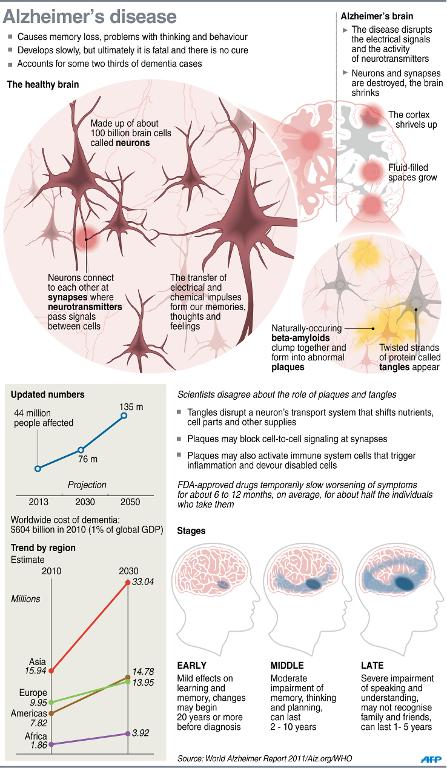
Dissociative amnesia is mainly characterized by an inability to recall important information about yourself as a result of dissociation, which is most commonly related to trauma or extreme stress.
Dissociative amnesia often occurs with symptoms of PTSD.
What is dissociation?
Dissociation is a disconnect or distance from your thoughts, feelings, or behaviors, as if you were watching yourself from the perspective of someone else.
Pattern separation
Pattern separation is the process your brain goes through to differentiate between similar experiences.
You may have gone to the dentist twice, for example, but you can remember each visit individually, despite them having many of the same features.
When you experience traumatic stress or anxiety, problems with pattern separation may affect your memory response. Rather than memory loss, you may develop an overgeneralized fear response to multiple memory stimuli.
This may feel like memory loss because your response becomes vague rather than specific.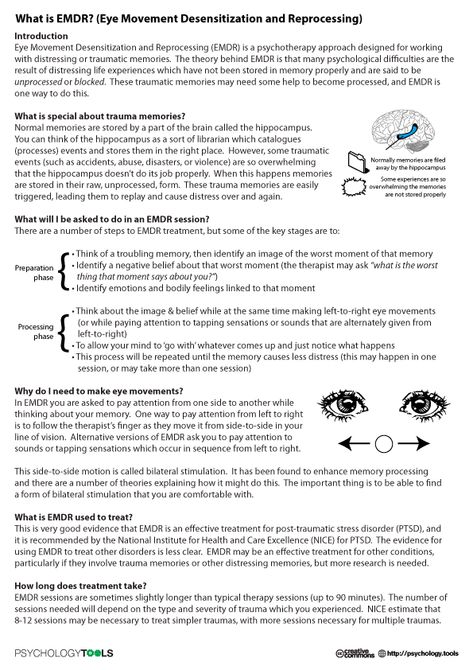
Repression
Repressed memories are a highly debated concept in psychology.
According to the original psychoanalytic theory, traumatic experiences can result in complete memory repression.
This led early psychoanalytic experts down the rabbit hole of trying to recover people’s lost memories, only to be faced with controversy when some people “remembered” traumas that weren’t real. These “memories” were, instead, the accidental result of therapy-guided suggestion.
Now, the mainstream belief is that full memory repression is almost nonexistent. Most people are able to recall at least some parts of a traumatic incident, even though the memory may be incomplete.
Trauma denial
Research from 2018 indicates that denial, as a defense mechanism, has the power to block unwanted memories.
This doesn’t mean your memories are gone. Instead, denial helps you undermine the reliability of memory in a process often known as “denial-induced forgetting.” So, the memory may be there, but you don’t consider it significant, or you may not be sure it happened that way.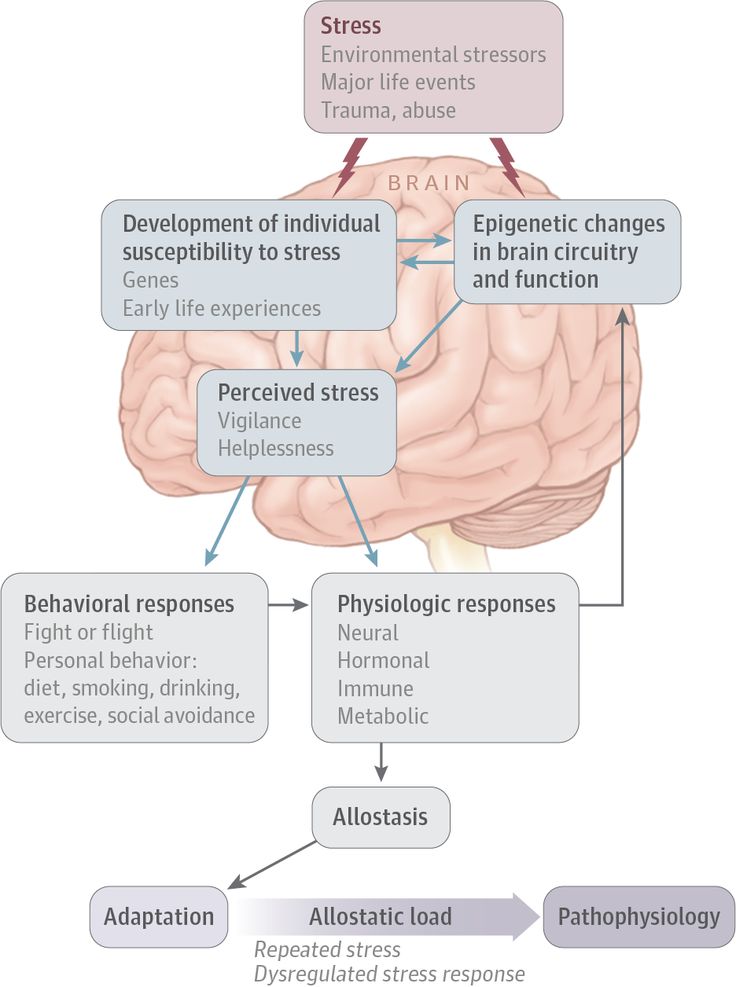
Ways trauma impacts memory in the brain
Many theories about memory processing exist. According to a 2017 literature review, most mainstream concepts break down implicit and explicit memory into three primary categories:
- sensory memory
- short-term memory
- long-term memory
Within those categories are many additional memory subcategories, including:
- Semantic memory: general knowledge
- Episodic memory: autobiographical content of an event
- Emotional memory: feelings experienced during an event
- Procedural memory: ability to perform tasks without conscious thought
Traumatic stress can affect any one of these. In each category, it may look like this:
- Semantic memory: an inability to link events, words, or thoughts together to create a memory
- Episodic memory: fragmented memories about how you experienced the order of an event
- Emotional memory: heightened fear response from unrelated memories
- Procedural memory: habits may change or emerge out of fear anticipation
Healing from trauma is possible.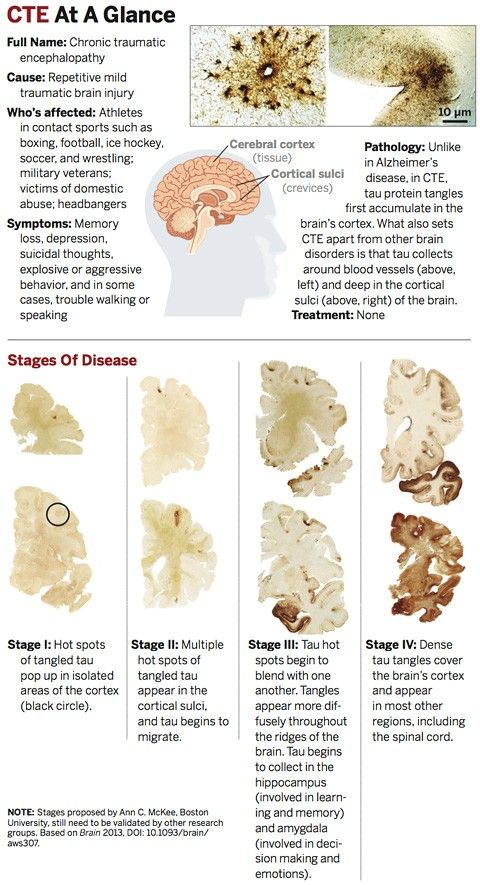 And that includes possible symptoms of it, such as memory loss.
And that includes possible symptoms of it, such as memory loss.
Amnesia from traumatic experiences can be better addressed with the support of a mental health professional. They’ll help you explore the root cause of the memory loss, as well as any other symptoms you might be experiencing from the trauma.
Working with a mental health professional can help you safely process some of the painful memories that might return to you during therapy.
You can also explore your options with them and discuss if recalling details of the event is the best way to go, or if you’d rather focus on healing the emotional pain you may be experiencing.
Some of the therapy options that can help with traumatic memory loss and other symptoms of trauma include:
- cognitive behavioral therapy (CBT)
- dialectical behavior therapy (DBT)
- prolonged exposure (PE) therapy
- Eye Movement Desensitization and Reprocessing (EMDR)
Support is available, and you don’t have to do this alone.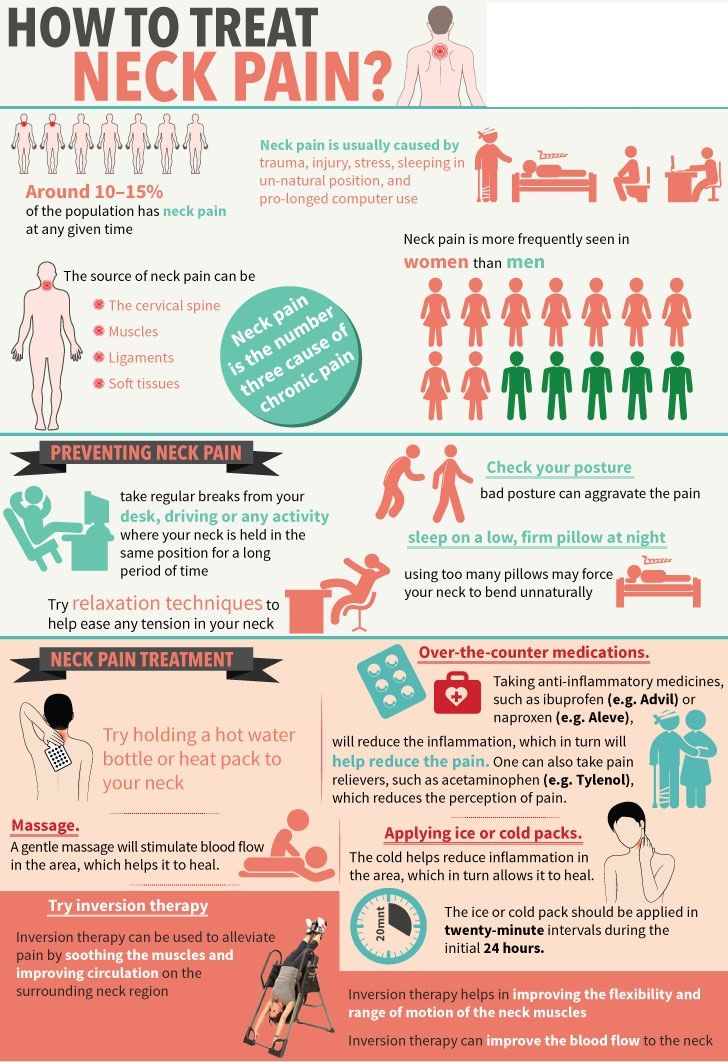
Memory gaps
IMPORTANT!
The information in this section should not be used for self-diagnosis or self-treatment. In case of pain or other exacerbation of the disease, only the attending physician should prescribe diagnostic tests. For diagnosis and proper treatment, you should contact your doctor.
For a correct assessment of the results of your analyzes in dynamics, it is preferable to do studies in the same laboratory, since different laboratories may use different research methods and units of measurement to perform the same analyzes.
"Memory lapses" refers to the complete or partial loss of memories.
However, such an interpretation may imply memory loss, or it may indicate an inability to remember this or that fact at the particular moment.
Varieties
Memory is provided by the functional activity of all parts of the brain and includes different processes - memorization, preservation (or, conversely, forgetting), recognition and reproduction.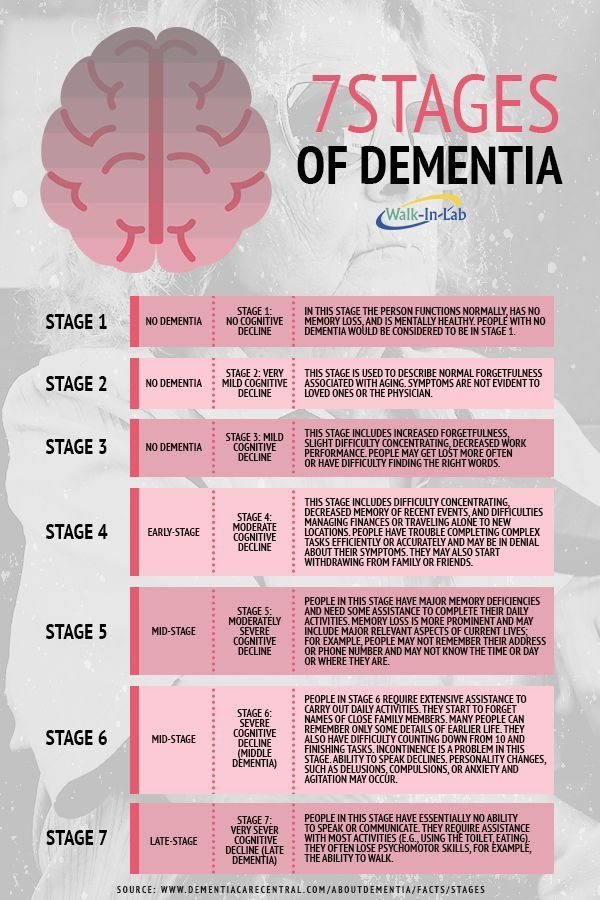 Violation of any of these processes will lead to memory defects.
Violation of any of these processes will lead to memory defects.
It is the fight against forgetting (an important process that protects the brain from an excess of information) that ensures the preservation of important data.
Two more processes - recognition and reproduction - make it possible to "pull out" the required information. Thus, memory loss, or lapses, refers to the inability to recognize or reproduce the data stored in the brain. Memory lapses (or amnesia) can be temporary. Retrograde amnesia is characterized by the inability to remember the events preceding the injury or illness, anterograde is accompanied by loss of memory for events that occurred after the illness. There are also retroanterograde amnesia (a combination of the first two) and fixation characterized by the inability to remember current events. If memory is lost for events at the time of injury or illness, they speak of congrade amnesia.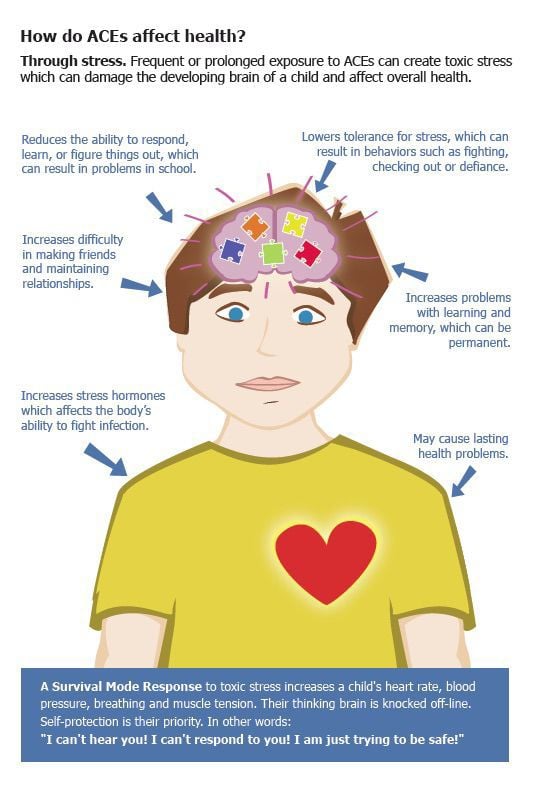
Possible causes
Memory lapses do not always indicate any disease.
Rapidly changing information is absorbed only by short-term memory and is stored for several days. An example of such memorization is the preparation for an exam: a large amount of data is absorbed in a short time and just as quickly disappears from memory.
To save information for a long time, processing and coding are required.
Only after that the necessary data are recorded in the brain structures.
In the presence of psychological factors (stress, nervous strain) or constant fatigue and lack of sleep, concentration of attention is disturbed, which worsens the memorization process.
Often memory lapses occur as a defensive reaction to emotional stress. A typical example of such a state is the sudden loss of memory in exams, when speaking in front of an audience.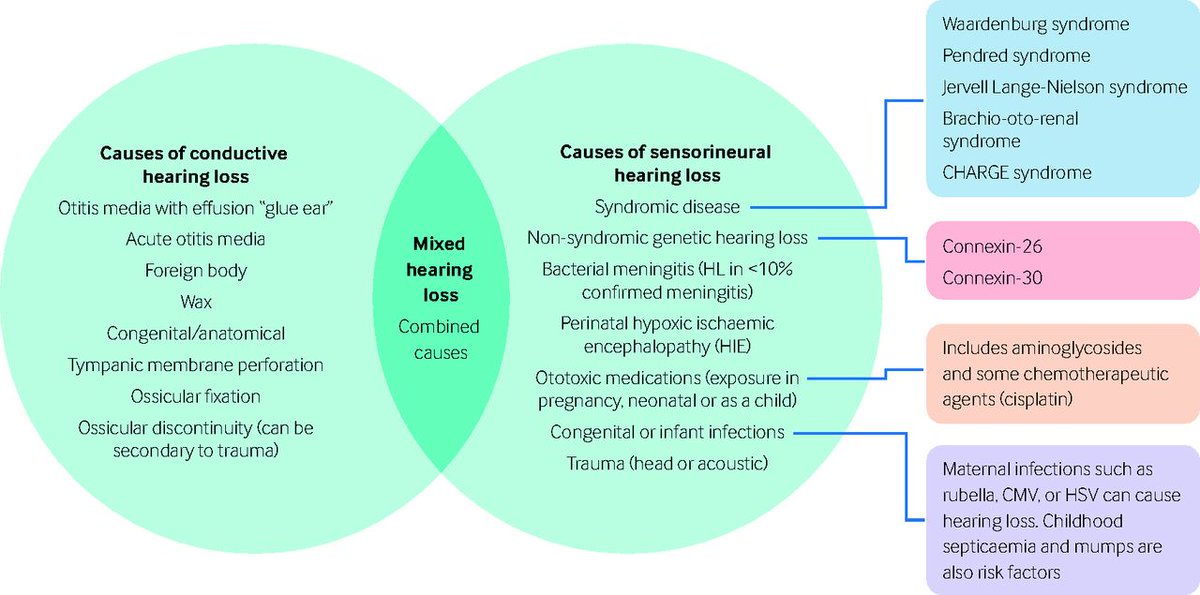
These failures are referred to as transient memory disorders, however, in some cases they may indicate a circulatory disorder in the area of the posterior cerebral arteries, which most often occurs with alcoholism, drug addiction .
Damage to even small areas of the brain in traumatic brain injury also leads to memory loss or failures. In this case, retrograde amnesia occurs, which captures several hours before the injury. A longer fixation amnesia is also possible - several days immediately after the injury, which is noted with a clear consciousness of the patient. A few days after the injury, memory in most cases is restored. Lead to transient memory impairments operations on the temporal lobes of the brain , epileptic seizures. Patients with epilepsy forget not only the attack itself, but also a short period of confusion after it.
In some cases, it is precisely such memory lapses that give reason to suspect epilepsy in non-convulsive seizures.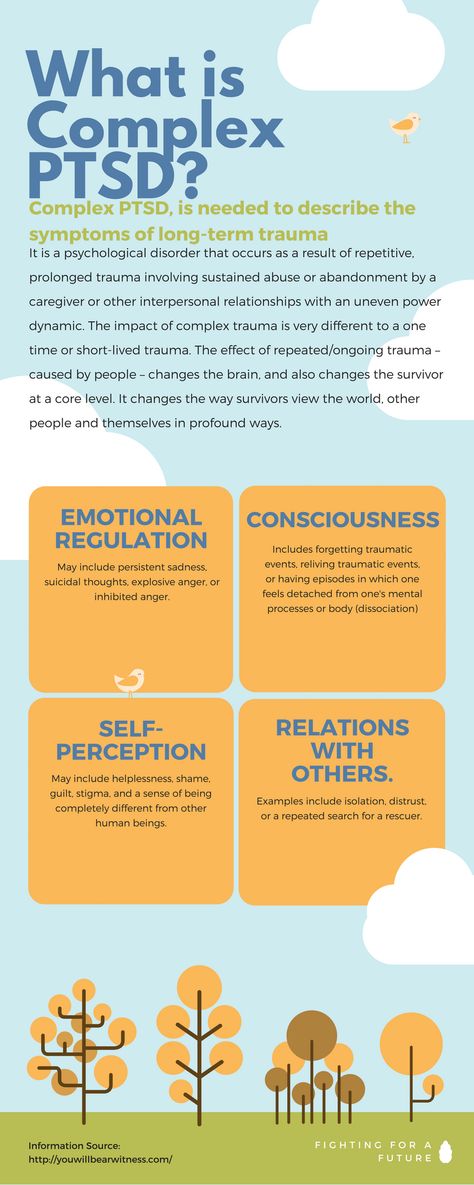
Memory disorders may be due to metabolic disorders in the central nervous system. The deterioration of brain function occurs with a lack of oxygen due to cardiopulmonary insufficiency , toxic damage in liver and kidney failure .
Oxygen starvation of the brain after a sharp rise or decrease in blood pressure is often accompanied by a sharp deterioration in memory.
The same effect has a decrease in glucose levels during fasting and diabetes mellitus . In addition, diabetes develops angiopathy - damage to blood vessels, which exacerbates nutritional deficiencies.
A sharp deterioration in memory with lapses occurs with hypothyroidism , which is due to a lack of iodine in the body. Deficiency of vitamin B 12 and folic acid is also accompanied by memory impairment.
Vitamin B 12 is essential for the regeneration of myelin, the substance that coats nerve fibers and ensures their functioning.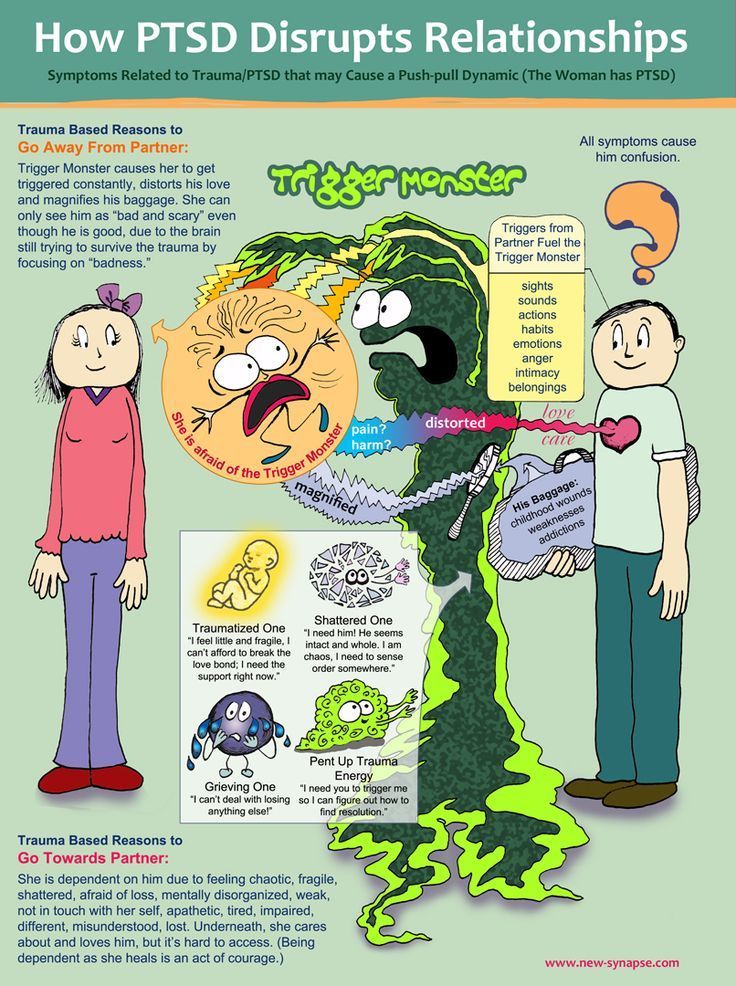 The destruction of the myelin layer is accompanied by a slowdown in nerve impulses and memory impairment.
The destruction of the myelin layer is accompanied by a slowdown in nerve impulses and memory impairment.
Memory may be impaired in patients taking a number of drugs . These include anticholinergics (atropine, scopolamine, platifillin, metallizir), antidepressants and antipsychotics. Steroid hormones have a destructive effect on brain structures and, accordingly, memory. Recent studies show that people who take steroid hormones for a long time (for example, bodybuilders) have serious problems with visual-spatial memory. Information about the negative effect of steroid hormones on memory should also be taken into account in patients with bronchial asthma and arthritis.
Tumors , infectious diseases that affect the central nervous system, sometimes have an irreversible effect on memory. Such diseases include encephalitis and meningitis .
Inflammation of the membranes and tissue of the brain leads to the destruction of nerve structures and, as a result, to a violation of cognitive activity, speech and memory.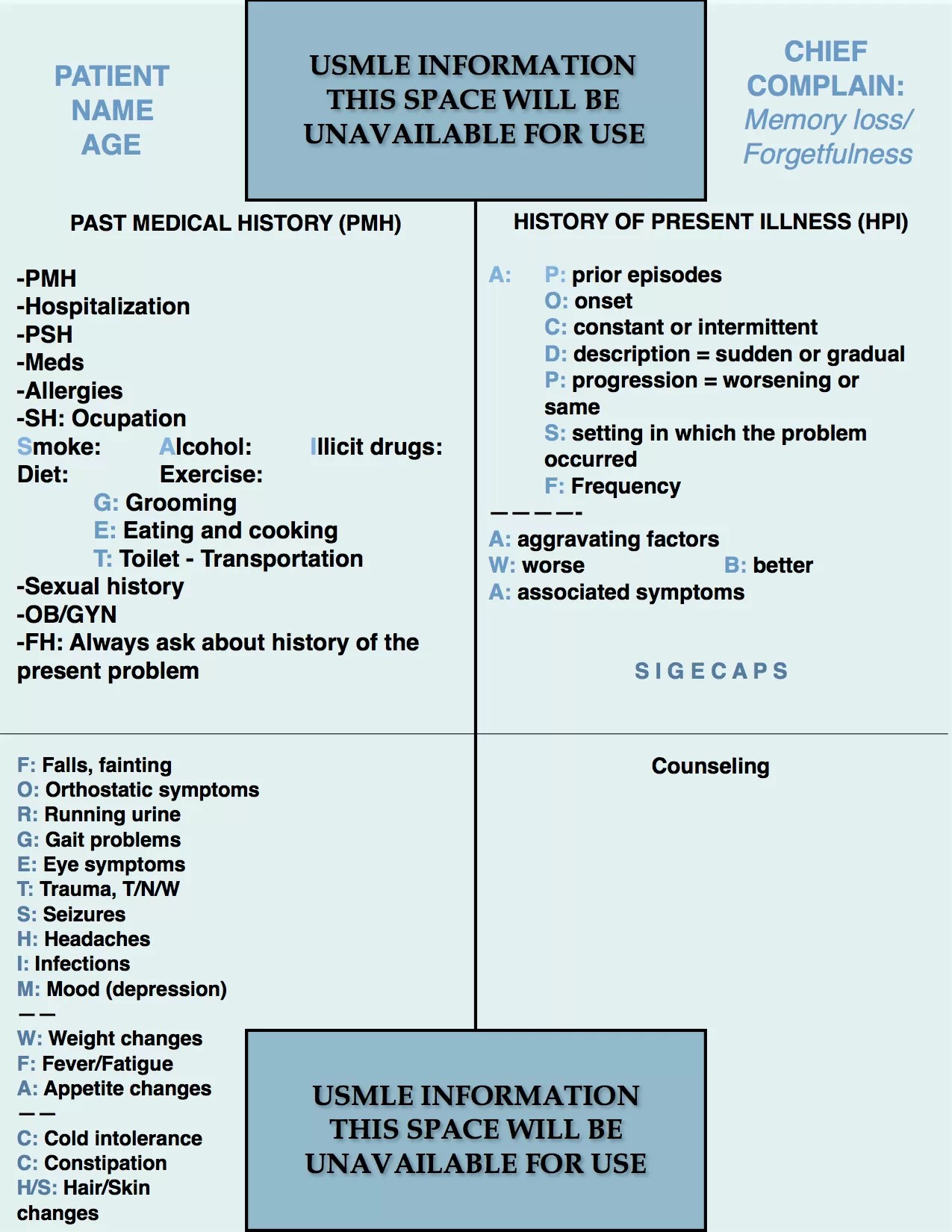
Allocate memory impairment associated with age. Normally, the first signs of memory loss appear after the age of 50, which is associated with a weakening of concentration and a decrease in the processes of encoding information. However, with a sharp progression of memory loss, more serious diseases can be suspected. First of all, memory lapses can occur with senile, or senile, dementia. With dementia, diffuse damage to the cerebral cortex occurs (for example, at Alzheimer's disease ) or subcortical structures of the brain ( Parkinson's disease, Huntington's chorea, multiple sclerosis, encephalopathy i).
The earliest sign of Alzheimer's disease is memory lapses for recent events.
This symptom may be further accompanied by speech and cognitive impairments. With the progression of the disease, the loss of fixation, anterograde and retrograde memory develops. Memory for events that happened a long time ago is retained for the longest time.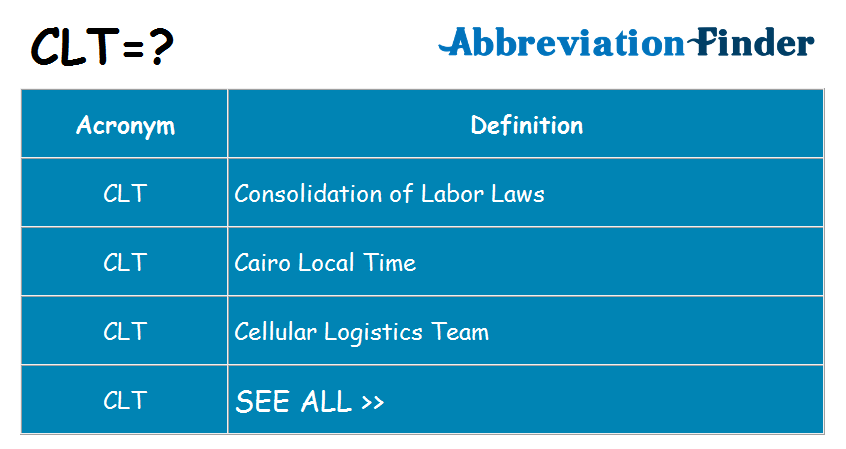 In Parkinson's disease and multiple sclerosis, a person spends a lot of time remembering past events or facts. At the same time, he quickly gets tired, it is difficult for him to memorize new information or master motor skills.
In Parkinson's disease and multiple sclerosis, a person spends a lot of time remembering past events or facts. At the same time, he quickly gets tired, it is difficult for him to memorize new information or master motor skills.
With repeated repetition of new material, the establishment of semantic analogies, the memorization process is facilitated, but requires constant reinforcement.
Diagnostics and examination
To diagnose the causes of memory impairment, an assessment of the patient's mental state, a thorough analysis of the data identified during the survey, and the dynamics of the disease are necessary. Significant information can be obtained using various laboratory tests and instrumental examinations, as well as assessing the neurological status of the patient. Brain CT and MRI data are used as an objective criterion.
Epilepsy, which even in the absence of seizures can cause memory lapses, is diagnosed using electroencephalography.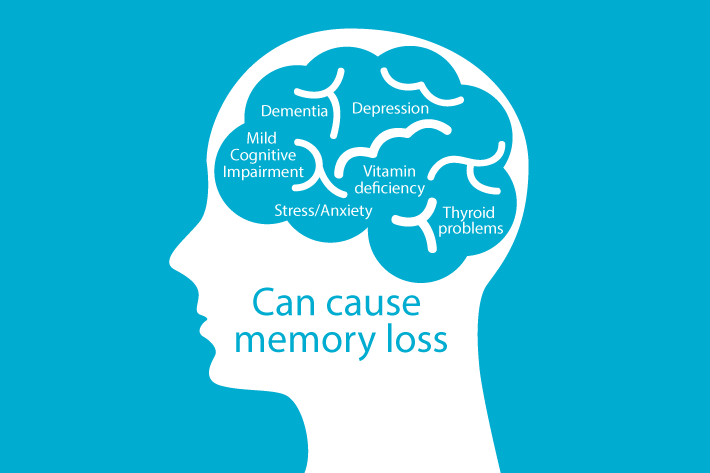
Which doctors to contact
With progressive deterioration of memory, you should definitely go to the reception
therapist
and conduct the necessary research. In case of hormonal abnormalities, the treatment is connected
endocrinologist
. If memory lapses are due to dementia, Alzheimer's or Parkinson's disease, consultation is necessary
neurologist
.
Treatment
Returning the ability to remember and reproduce the necessary information can be a difficult problem, sometimes not completely solved. Of course, therapy is needed to treat the causative disease (diabetes mellitus, hypertension, thyroid disease). On the recommendation of a therapist, it is possible to use vitamins, especially group B, folic acid, nootropic drugs, acetylcholinesterase inhibitors.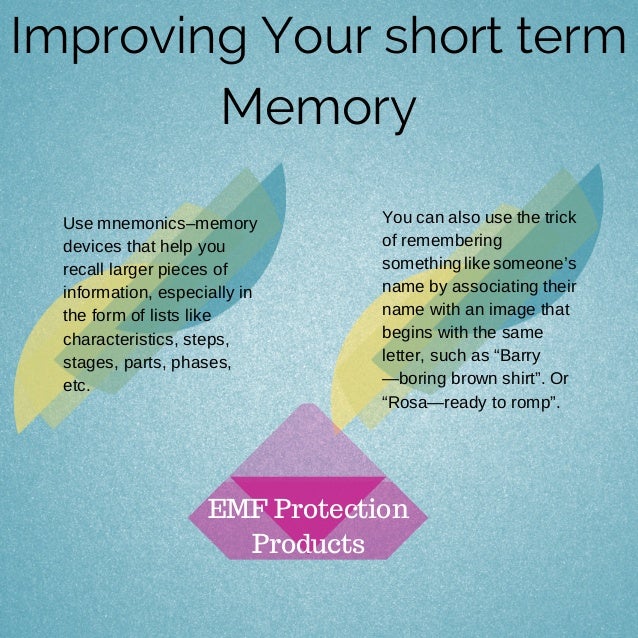
What to do
First of all, you should not worry if memory lapses occur during severe overvoltage, excitement, the need to assimilate large amounts of data. The fear of forgetting something will only provoke new cases of forgetfulness.
The most important thing that is required in this case is the ability to concentrate, and for this it is necessary to overcome excitement.
If memory lapses occur more and more often without connection with emotional experiences, attention should be paid to memory training. Success in this case will be higher if memorization is associated with positive emotions and the ability to reinforce acquired knowledge with practical skills.
It is important to remember that the oxygen saturation of the brain stimulates its work, so you should devote time to intense walks in the air, physical activity.
Patients with diabetes need careful memory.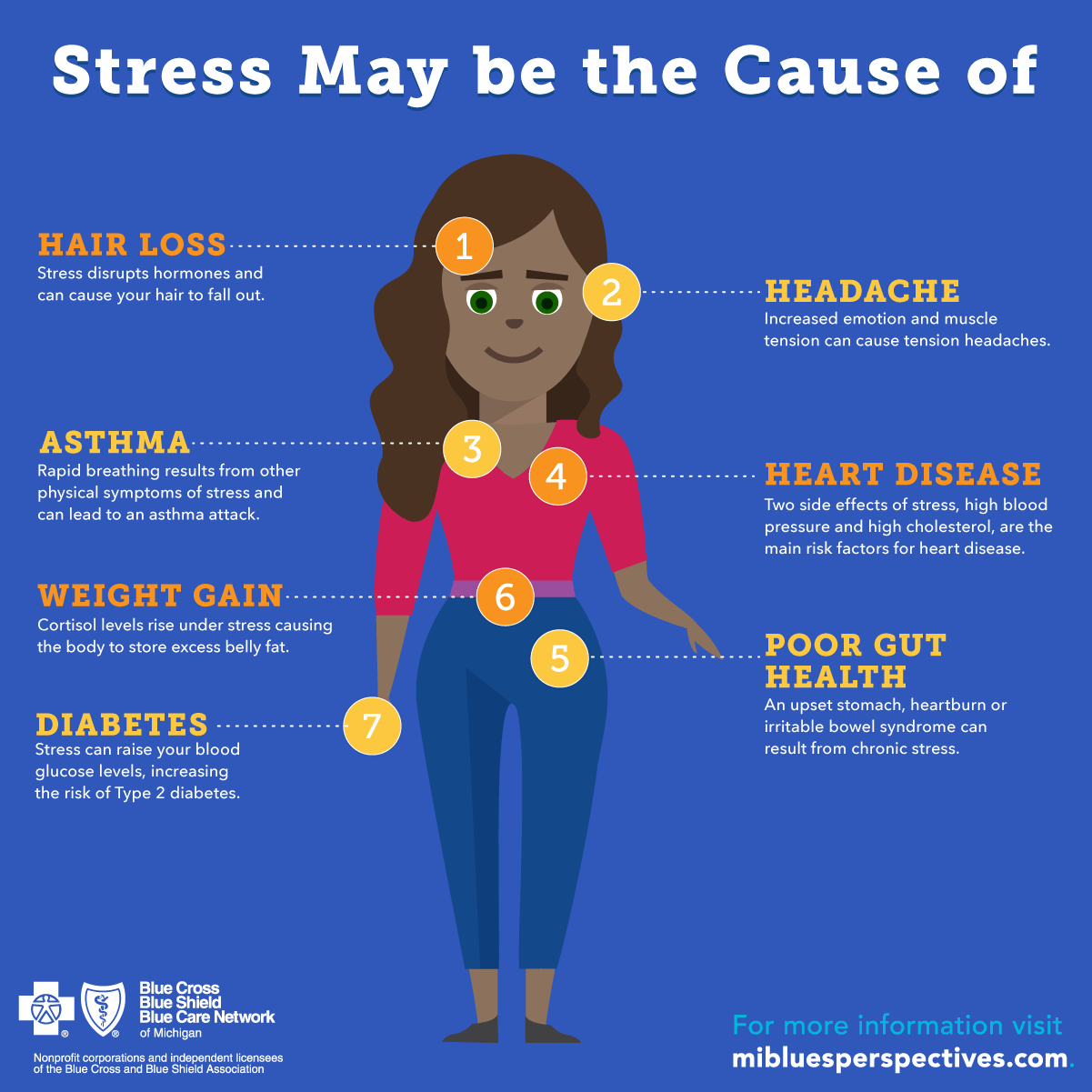
Sources:
- Clinical and psychological diagnostics and rehabilitation of patients with severe memory impairment in brain damage. Clinical guidelines, 2015.
- Mokrova A.A., Trubnikova K.D., Klokova E.A., Cherezhonova V.N. Forgetting information. Factors affecting forgetting // Modern scientific research and innovation. - 2018. - No. 1 [Electronic resource].
IMPORTANT!
The information in this section should not be used for self-diagnosis or self-treatment. In case of pain or other exacerbation of the disease, only the attending physician should prescribe diagnostic tests. For diagnosis and proper treatment, you should contact your doctor.
For a correct assessment of the results of your analyzes in dynamics, it is preferable to do studies in the same laboratory, since different laboratories may use different research methods and units of measurement to perform the same analyzes.
Medical myths. Can a blow to the head bring back memory?
- Claudia Hammond
- BBC Future
Sign up for our 'Context' newsletter to help you understand what's going on.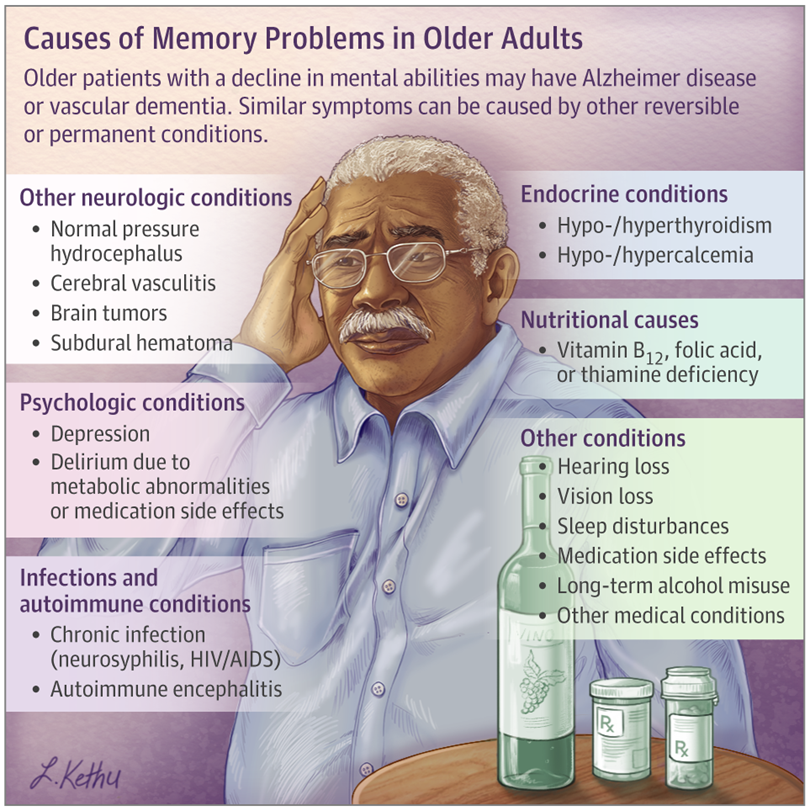
Image copyright Thinkstock
You must have seen it in the movies: a blow to the head - loss of memory, then another blow - and the memory returns. Correspondent BBC Future found out if this happens in real life.
Kermit the Frog hits a taxi. He stops recognizing his friends and doesn't even remember his name. And when he makes fun of the idea of a frog-pig romance, an enraged Miss Piggy knocks him out. Waking up, Kermit regains his memory.
The plot device, in which amnesia is cured by a repeated blow to the head, was used not only in the above-described scenes from the film "The Muppets Take Manhattan". It was also used by the American comic duo Laurel and Hardy, and even earlier, at the end of 1920s, used in the series "Tarzan the Tiger". There are other examples as well.
(Similar articles in the "Journal" section)
Of course, it is hardly worth focusing on The Muppets as a neuroscience manual, but many believe that memory can be restored in this way.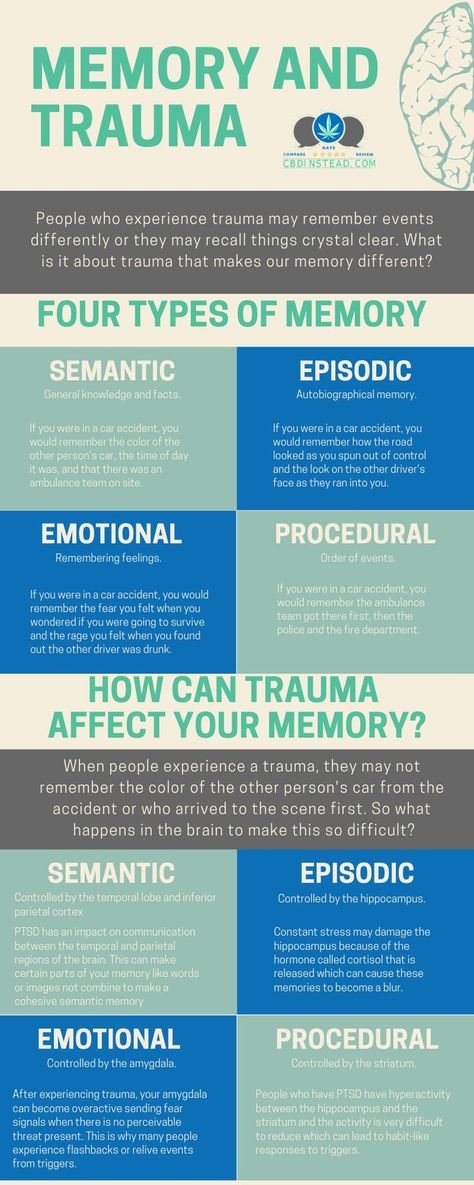 In a 2004 US study, almost 42% of respondents agreed with the statement: "In some cases, a repeated blow to the head helps to remember the forgotten." On the other side of the Atlantic, in Britain, this statement was considered true by 26% of respondents.
In a 2004 US study, almost 42% of respondents agreed with the statement: "In some cases, a repeated blow to the head helps to remember the forgotten." On the other side of the Atlantic, in Britain, this statement was considered true by 26% of respondents.
But this is actually a myth, despite being dearly loved by writers. A third of brain-injured people have "memory islands" - they remember only certain things. These symptoms may last from a few minutes to several months. It is not uncommon for traumatized people to become confused, mistakenly believing that they are at work, late for a meeting, or even taken hostage.
Image copyright Getty
Image captionMiss Piggy has the power to restore anyone's memory...
Real amnesia is not like the movie amnesia, where people who wake up from a coma do not remember anything from their past. This can happen, but rarely. These cases, and the more common variant in which there is partial memory loss, are called retrograde amnesia.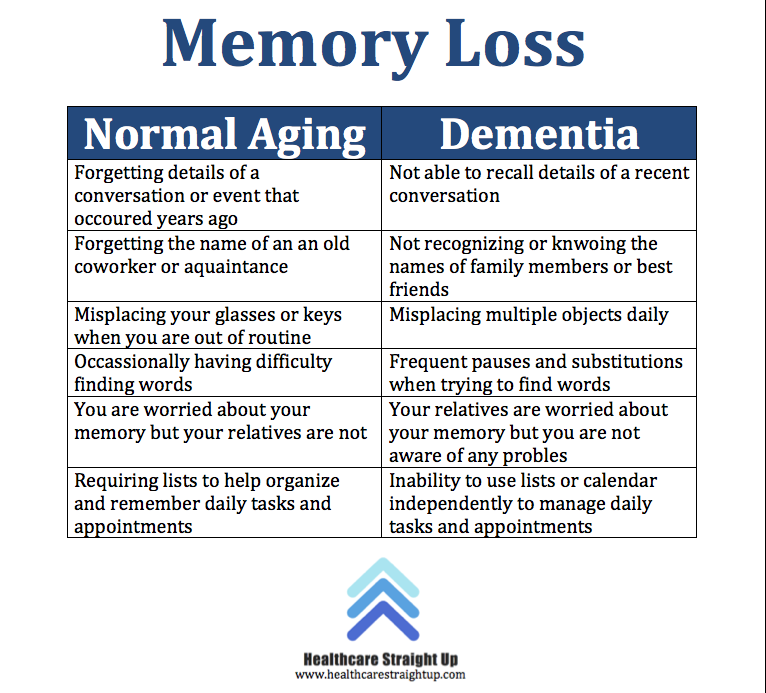 Even more common is anterograde amnesia, in which the patient loses the ability to remember events that occur after the injury. This happened, for example, to an American patient who gained worldwide fame under the initials G.M. (he was the subject of the most detailed study of human memory in history) - but he still remembered who he was and where he spent his childhood.
Even more common is anterograde amnesia, in which the patient loses the ability to remember events that occur after the injury. This happened, for example, to an American patient who gained worldwide fame under the initials G.M. (he was the subject of the most detailed study of human memory in history) - but he still remembered who he was and where he spent his childhood.
Skip Podcast and continue reading.
Podcast
What was that?
We quickly, simply and clearly explain what happened, why it's important and what's next.
episodes
End of story Podcast
Whatever type of amnesia a person develops as a result of a brain injury, repeated blows to the head cannot restore the damaged areas. Sometimes you can fix a broken TV with a blow, but the brain will not work.
At the same time, people who have had a brain injury have a higher chance of getting a second one.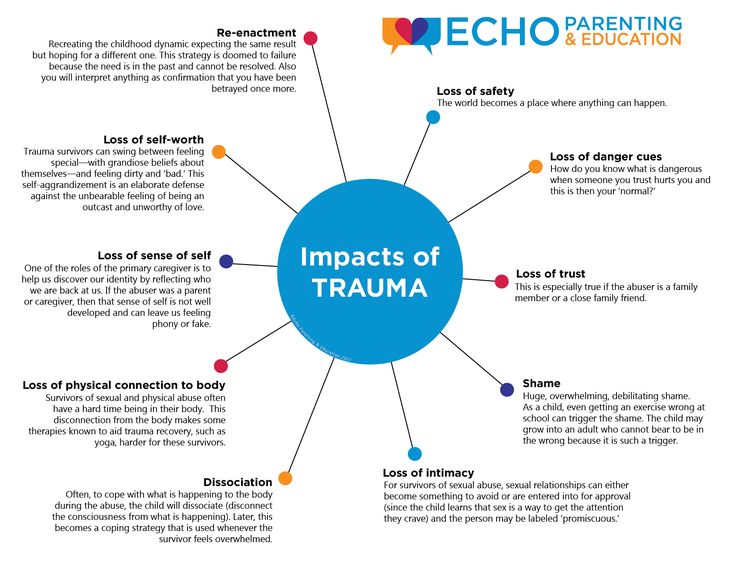 One of the reasons is because as a result of the first injury, balance can be disturbed or attention may decrease. Another reason is purely statistical: often the first injury occurs during extreme sports or dangerous work, and if you do not change your lifestyle, then subsequent accidents are possible.
One of the reasons is because as a result of the first injury, balance can be disturbed or attention may decrease. Another reason is purely statistical: often the first injury occurs during extreme sports or dangerous work, and if you do not change your lifestyle, then subsequent accidents are possible.
A second blow to the head not only does not eliminate the symptoms of the original one, but may even be fatal, since the brain may be weakened by this time. This has been called "second impact syndrome", but this diagnosis is still controversial, as it was observed in a statistically insufficient number of cases.
There have been several isolated episodes of young athletes coming back to training after a brain injury, getting re-injured and dying unexpectedly. These incidents led to the adoption of new rules in the National League of American Football in the United States: a minimum duration of a break in football after passing out on the field was established.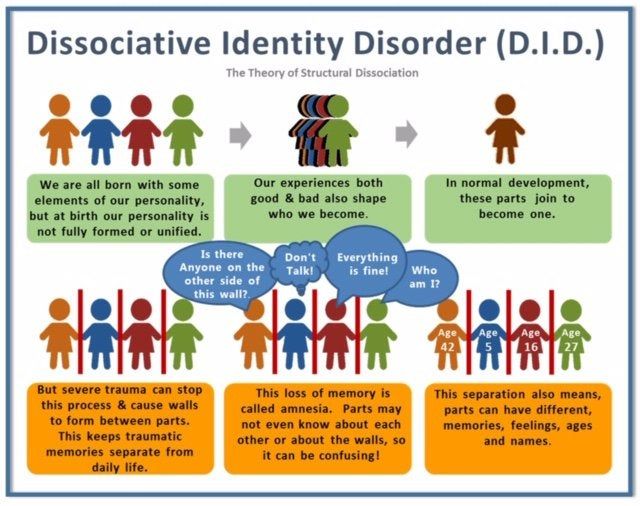
Image copyright Thinkstock
Image captionRepeated strikes can be especially dangerous, some scientists say
But other experts, such as neurologist Paul McRory of the University of Melbourne in Australia, consider "second impact syndrome" a myth. Macrorie does not question the seriousness of the topic, but believes there is not enough evidence linking these deaths to the original injuries. In his opinion, the athletes died from a brain tumor, obtained exclusively from the second injury.
Whoever's point of view turns out to be correct, in any case it is already clear that repeated blows do not help with amnesia. However, another rare and little-studied medical condition is known, which may have formed the basis of the popular scenario move. It is called a dissociative fugue and is characterized by a complete loss of memory of past events in life - even one's own name is forgotten. As a rule, this occurs as a result of severe, psychologically traumatic events.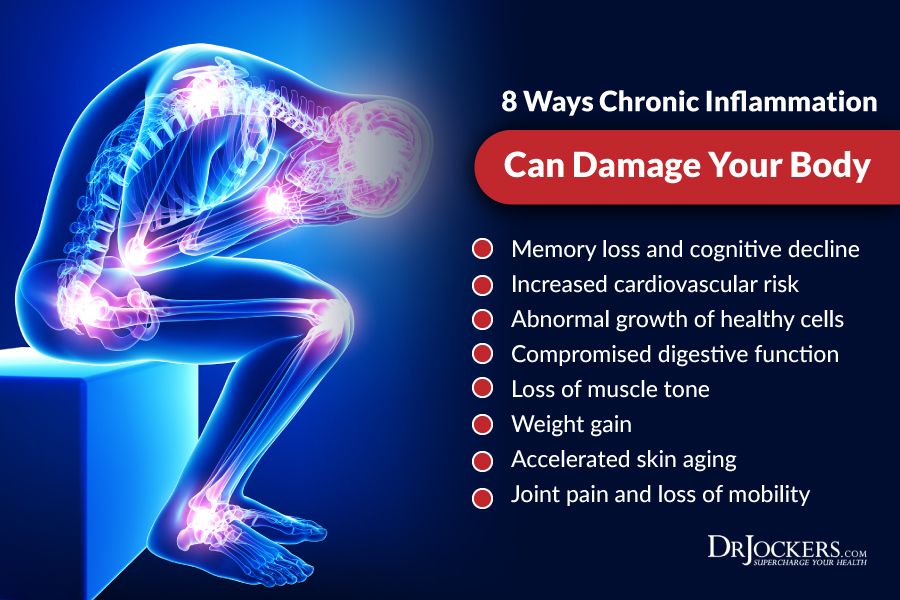
Such people may suddenly arrive in another city without remembering anything about themselves. Usually their memory returns after some time, and the mechanism of this phenomenon is not fully understood. Subsequently, their memories of the fugue period may also be vague. This course of the disease is more like what we see in the movies. But neither the onset of a dissociative fugue nor the exit from it are associated with blows to the head.
As a result, one thing is clear: complete loss of memory between two accidents provides rich food for the writer's imagination. But this artistic assumption has little in common with reality.
Legal information. This article is for general information only and should not be taken as a substitute for the advice of a physician or other healthcare professional. The BBC is not responsible for any diagnosis made by a reader based on material on the site. The BBC is not responsible for the content of other sites linked to this page and does not endorse commercial products or services listed on those sites.